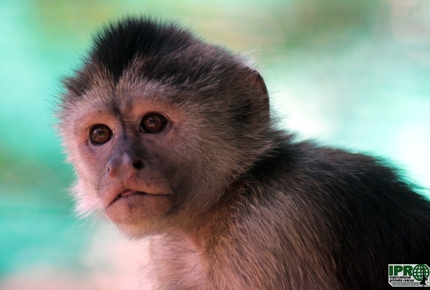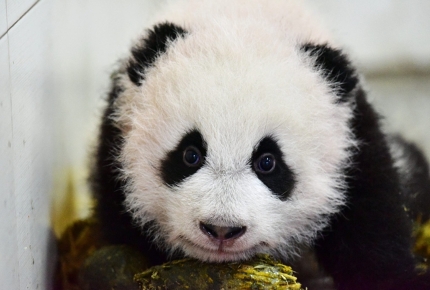Five Animal Volunteer Programmes
Have you ever gone somewhere really special on holiday and wished there was some way you could give back to the local community?
Programmes working with local people have mixed results, as we highlighted in our feature on Voluntourism but helping out with animals is an excellent way to contribute, whether you’re on a backpacker or retired, as no specific skills are usually required other than enthusiasm. When it comes to selecting an organisation to work with, though, choose one that’s properly managed and doesn’t cost the earth. Here are five that we recommend.
1. Free The Bears, Cambodia
For a small fee, all of which goes back to the project, volunteers can help look after over 100 rescued bears at Phnom Tamao Wildlife Rescue Center near Phnom Penh in Cambodia. Run by an NGO called Free The Bears, programmes span a minimum of one week and a maximum of eight weeks. Volunteers work closely with trained staff and duties include building, repairing and cleaning the bears’ spacious enclosures and helping with feeding time. No particular skills are required besides enthusiasm and a love of animals. Accommodation is at a five-bedroom house in a village nearby and includes the services of a cook/cleaner, and participants have weekends off to explore the country.
2. Elephant Nature Park, Chiang Mai, Thailand
A sanctuary for disabled, blind and orphaned elephants, Elephant Nature Park is an award-winning sanctuary offering three different kinds of one-week volunteer programmes. One gives the option to experience village life alongside caring for the elephants, another is based at the sanctuary itself; during both programmes you’ll get the opportunity to feed and bathe the elephants regularly and assist with maintenance tasks and food preparation. The Park also has a separate shelter for dogs, many of which have been rescued from the streets or the illegal dog meat trade. Tasks here include walking caged dogs that are undergoing medical care and cleaning their areas, plus feeding and socialization sessions. Check out the Chiang Mai travel guide page before you go.
3. International Primate Rescue, Pretoria, South Africa
Housing over 100 primates from around the world (marmosets, tamarins, capuchins, macaques, squirrel monkeys), most of them ex-pets that need rehabilitation, the International Primate Rescue Centre welcomes volunteers from all walks of life who are prepared to get down and dirty – but although there’s a lot of labour required cleaning and maintaining the enclosures, there’s also an opportunity to spend one on one time with selected primates that will benefit greatly from interaction with humans. Accommodation is in mixed dorms with a communal kitchen.
 An adorable monkey at iprescue.org
An adorable monkey at iprescue.orgiprescue.org
4. Wildtracks Volunteer Programme, Belize
Run by a husband and wife team, volunteer programmes at Wildtracks Volunteer Programme are for a minimum of one month and ideally three, so that carers get to know the animals and thus can respond to their needs better - and too much disruption can have a negative effect on the animals, too. The programme mainly rehabilitates monkeys, some of which were once pets and others who were orphaned or injured in the wild, and the aim is to release them back into the nature wherever possible. There are also a small number of manatees that need looking after. This programme is for the really dedicated, though – none of the staff are paid, and you’ll work hard (and pay for the privilege). The rewards are high, though. English is the official language in Belize, a big plus for English-speaking volunteers.
5. Dujiangyan Panda Base, China
If you’re short on time but passionate about pandas, the one-day volunteer programme at Dujiangyan Panda Base run by Pandas International could be just the thing. One of the rarest species in the world, it’s thought that only 2,000 pandas are left in the wild. This medical base offers treatment for sick or injured wild pandas, as well as special care for older bears, and consists of 51 hectares/ 126 acres of bamboo forest and a number of enclosures. Volunteers assist with cleaning the enclosures and chopping up bamboo for food (an adult panda can consume up to 40kg of the stuff a day), and will learn all about pandas, their diets and conservation efforts, as well as have the opportunity to help plant trees. Check out this page on China visa and passport requirements before you go.
 Panda is native to south central China.
Panda is native to south central China.pandasinternational.org
Do you have any Feedback about this page?
© 2026 Columbus Travel Media Ltd. All rights reserved. No part of this site may be reproduced without our written permission, click here for information on Columbus Content Solutions.









 You know where
You know where